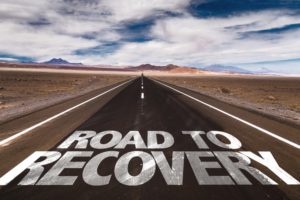Many people mistakenly believe that only illegal drugs are dangerous or addictive. They assume that as long as you buy pills from a pharmacy, then Over-The-Counter (OTC) medication is perfectly safe and pose no real threat. Of course, in most cases, OTC medication is an affordable and beneficial option as you can procure them without prescription at drug stores or even supermarkets, but that doesn’t mean there aren’t any repercussions.
A lot of OTC drugs can affect the brain’s chemistry and lead to serious medical or mental issues, especially when people take them recreationally and not to treat a medical problem.
According to the National Institute on Drug Abuse, two OTC medications are usually misused:
- Dextromethorphan (DXM) – a cough suppressant found in many cold medicines.
- Loperamide – an anti-diarrheal that comes in tablet, capsule, or liquid form.
When abused, these drugs are just as dangerous as prescription medication or opioids.
How Addictive Are OTC Drugs?
Recreational usage of OTC drugs can have almost the same effects on the brain as other illicit substances. People using them recreationally tend to consume them in higher doses to increase their euphoric effects. Over time, their bodies stop reacting to the standard dose, forcing people to take more drugs to get the desired effects.
Moreover, patients that try stopping consumption on their own, often face severe withdrawal effects that make flushing the drug out of their systems increasingly difficult.
During withdrawal, people might experience:
